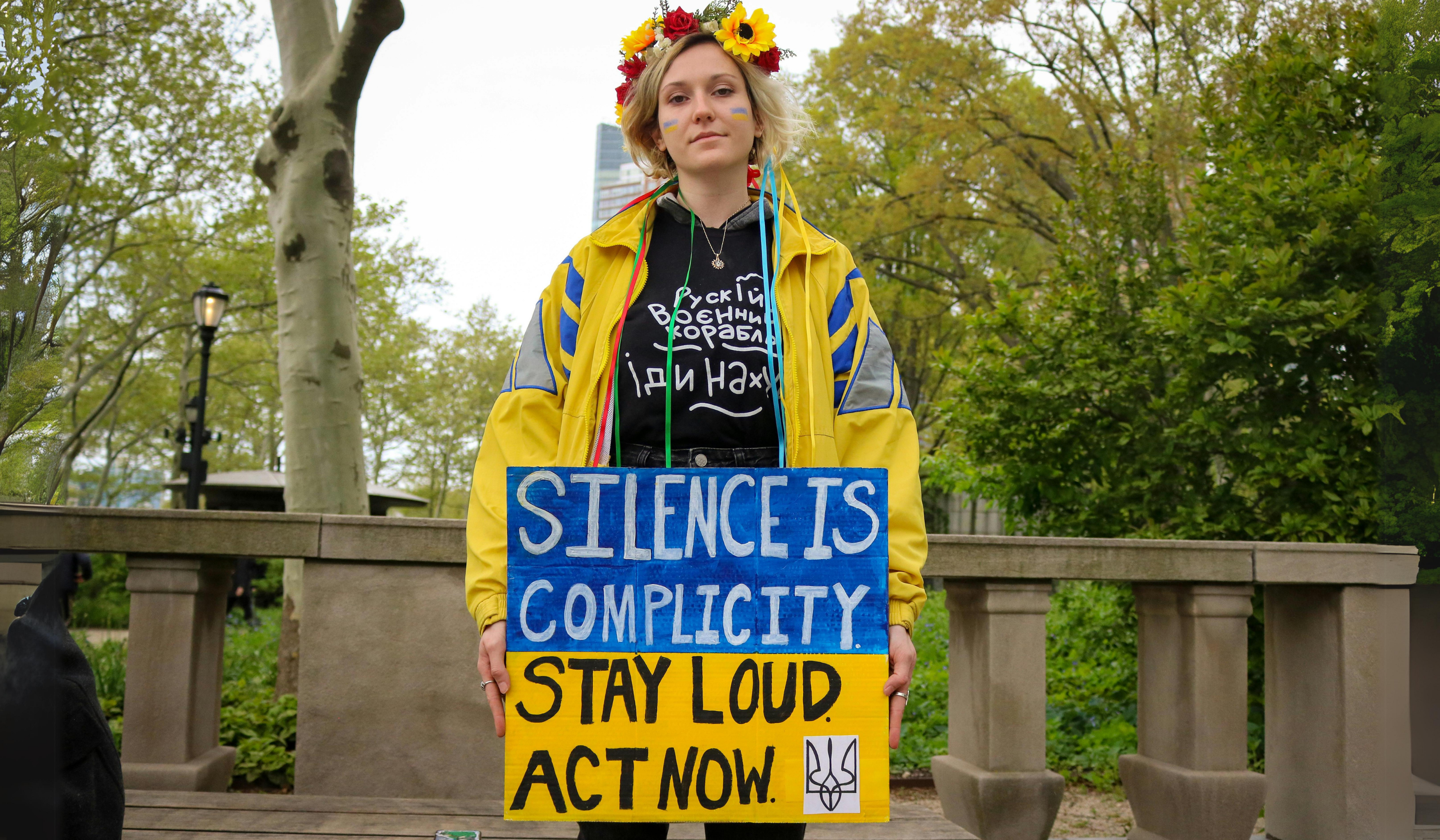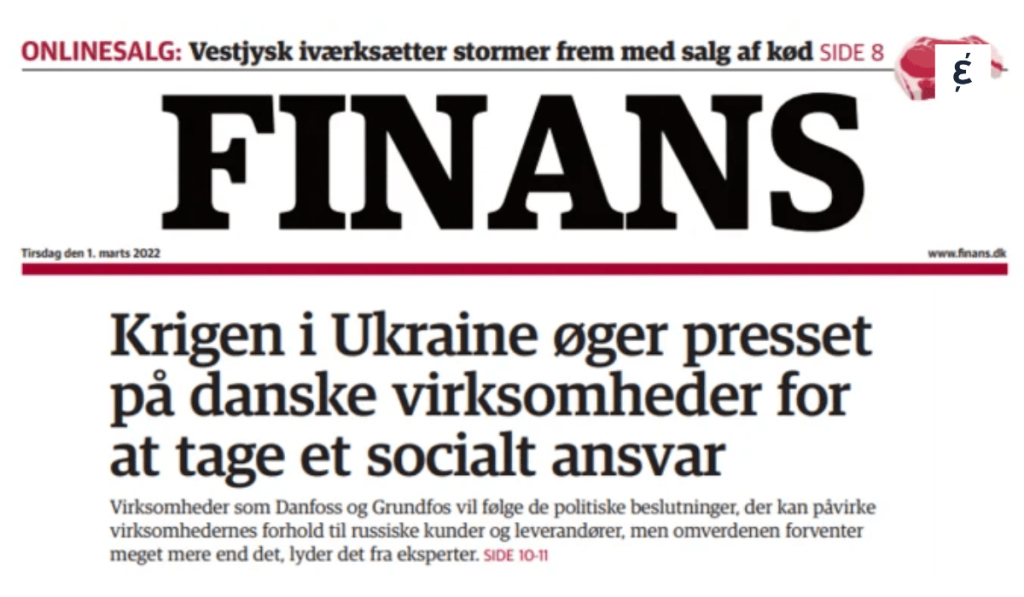

While governments are setting the direction for the national and international political response to Russia’s aggression, companies are trying to navigate the spectrum of their own financial interests and the interests of their stakeholders when delivering an appropriate response.
To avoid a backlash from stakeholders, companies must take a proactive stance on the war.
The war in Ukraine is raising many fears and questions – most of them on the security, political, and humanitarian sides. On the corporate side, it also raises commercial concerns. But those are not the only ones.
As we’ve seen again and again in recent years, people’s expectations from companies around the world are steadily rising. CSR has been growing in importance over many years, and younger generations have been expecting more from businesses than their elders.
Then came the Coronavirus crisis and completed the work of tipping the balance of importance from competence to character: it is no longer enough to provide good, reliable products in order to win people’s trust.
Companies must also behave responsibly and ethically. This has been shown many times before and is common wisdom in the world of corporate reputation.
But more recently, the growing trend of corporate activism has joined the fray and brought a new challenge to the reputational landscape: companies are expected to take a stand on matters of public policy.
And this is what makes this war different than any previous one when it comes to its impact on businesses and their relationships with their stakeholders.
As we have recently opined to the Danish business news outlet Finans (in Danish, paywall), the approach of companies to the current crisis is going to be viewed as another – and much bigger – case of corporate activism: are companies just complying with regulatory demands, or are they being proactive in defending the values that their customers and employees hold dear?
Companies that do not take a proactive approach with regard to their business affairs in Russia and to other ways they can show their support for Ukraine and Ukrainians may face scrutiny from their employees, customers, and even investors.
This may lead to an erosion in reputation and loss of loyalty and attractiveness among various stakeholder groups – which could have a financial impact on the company’s performance.
Reputation data from recent years leaves no doubt that stakeholders today hold companies to account on such matters: companies will face a reputational backlash if they don’t rise to meet the public’s expectations in the way they react to the Ukraine-Russia war.
Like the case of corporate activism, this may prove to be a double-edged sword, where taking a stand may alienate some audiences and thus constitute a risk, and not taking one could do the same.
Being perceived as passive in the current climate is probably the biggest reputational risk that companies face. And time for action is running out.
© 2024 Group Caliber | All Rights Reserved | VAT: DK39314320